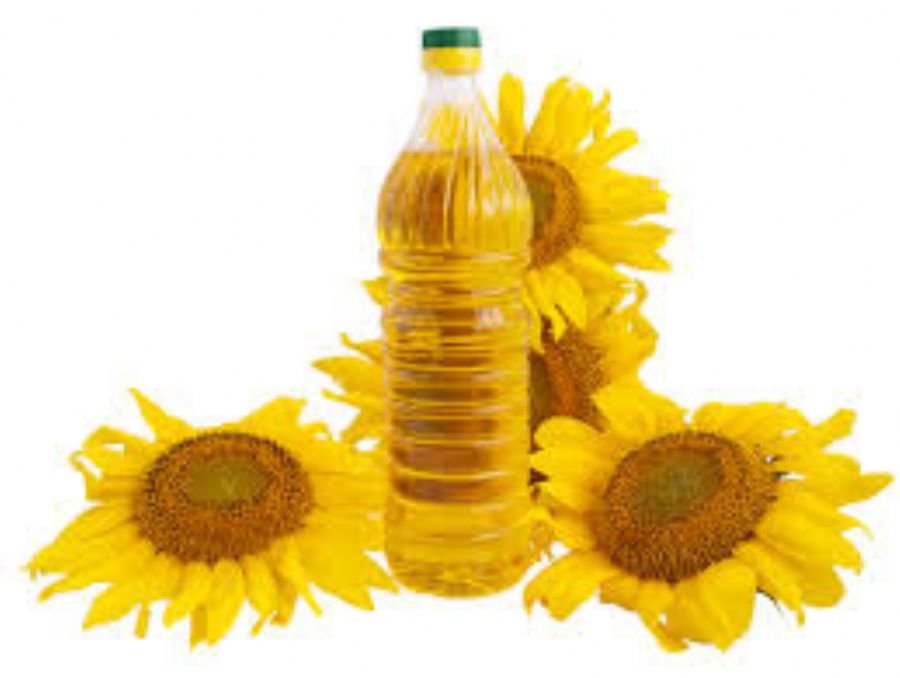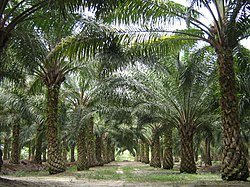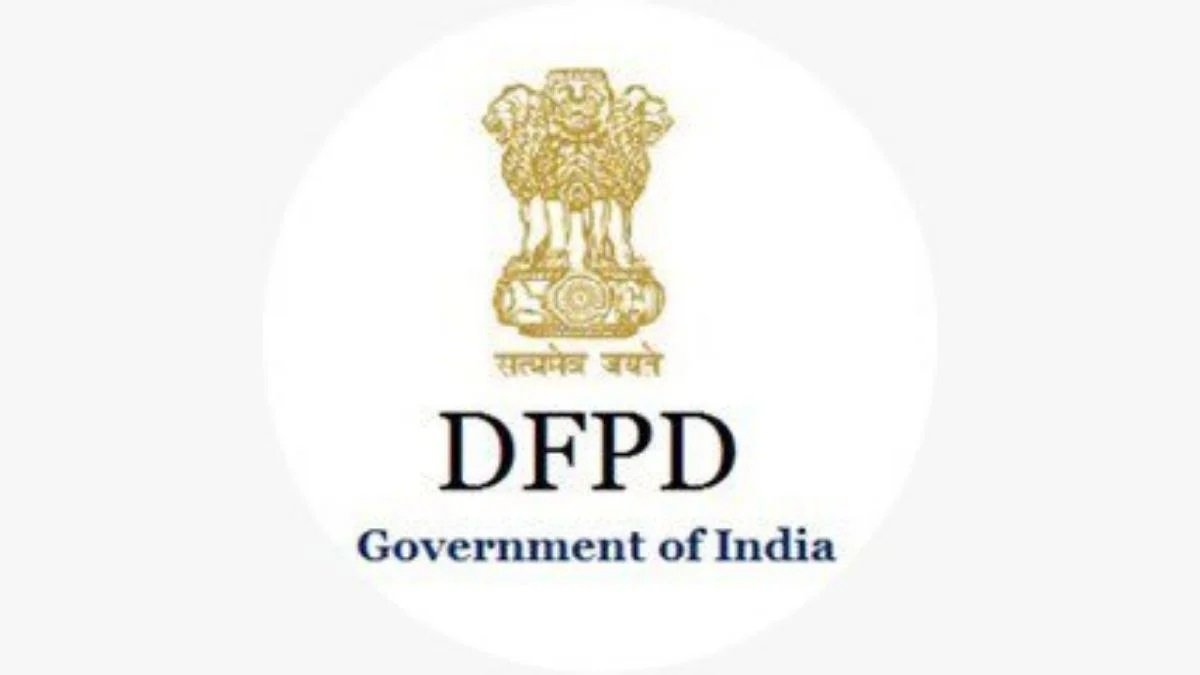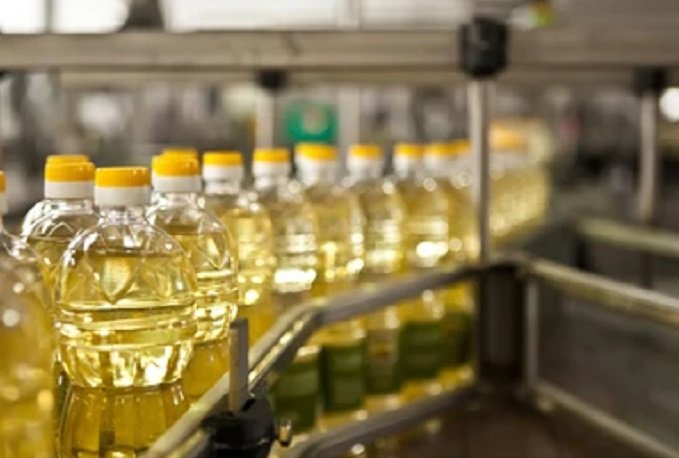Govt reduces basic import duty on edible oil by 5%
The decision is expected to augment the earlier measures taken by the Government to reduce the prices of Edible Oils in the domestic market
To ensure the availability of edible oil to consumers at affordable prices, the Central Government has reduced the Basic Import Duty on Edible Oils. The Department of Food and Public Distribution vide Notification issued an order to this effect wherein the Basic Import Duty on Refined Soyabean Oil and Refined Sunflower Oil has been reduced from 17.5 per cent to 12.5 per cent with effect from today. This will remain in force till 31st March 2024.
The decision is expected to augment the earlier measures taken by the Government to reduce the prices of Edible Oils in the domestic market. The Basic Import Duty is an essential factor which impacts the landed cost of Edible Oils which in turn affects the domestic prices. Reduction in Import Duty on Refined Sunflower Oil and Refined Soyabean Oil will benefit the consumers, as it will help ease domestic retail prices.
The Import Duties on Refined Soyabean Oil and Refined Sunflower Oil were last reduced from 32.5 per cent to 17.5 per cent in October 2021. This was done as during the year 2021, the international prices were very high, which was getting reflected in the domestic prices as well.
The Department of Food and Public Distribution, Ministry of Consumer Affairs, Food and Public Distribution is closely monitoring the prices of Edible Oil in the country and ensuring its adequate availability to consumers.
The decision is expected to augment the







